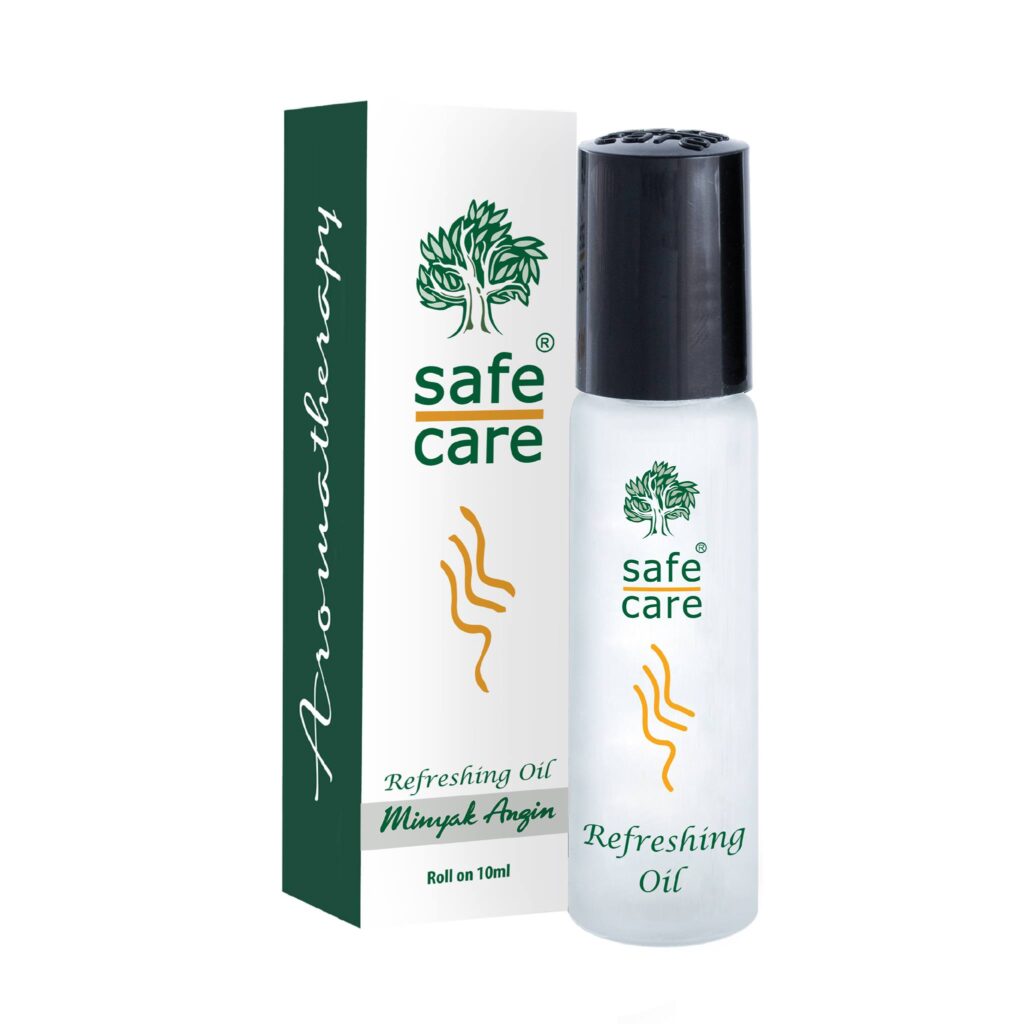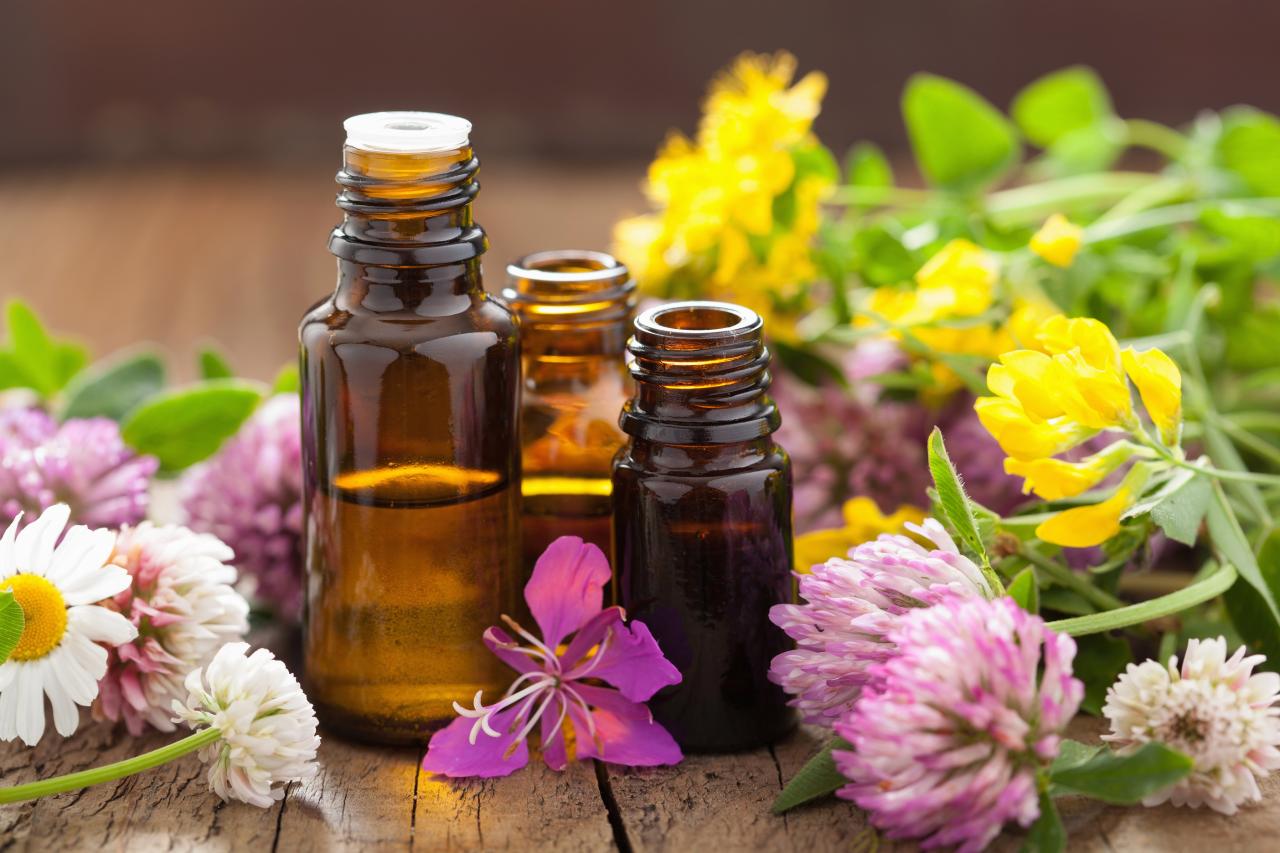Aromatherapy, the practice of using essential oils for therapeutic purposes, has gained immense popularity in recent years. However, questions linger regarding its safety. This article delves into the realm of aromatherapy, exploring its potential benefits and risks, providing guidelines for safe use, and addressing common concerns.
Discover the fascinating world of essential oils, their therapeutic properties, and how they can be incorporated into your daily routine to promote well-being. Learn about the different methods of aromatherapy application, their advantages and limitations, and how to safely harness the power of essential oils.
Safety Guidelines for Aromatherapy
Aromatherapy involves using essential oils extracted from plants for therapeutic purposes. While it offers potential benefits, it’s crucial to approach it with caution to avoid potential risks.
To ensure safe aromatherapy practices, follow these guidelines:
Proper Dilution and Application
- Essential oils are highly concentrated and can cause skin irritation or other adverse effects if used undiluted.
- Always dilute essential oils with a carrier oil, such as jojoba, almond, or coconut oil, before applying them to the skin.
- The recommended dilution ratio varies depending on the oil and intended use. Refer to reputable sources or consult with a qualified aromatherapist for specific guidelines.
Contraindications and Precautions
- Certain essential oils may have contraindications or precautions for specific individuals or health conditions.
- Pregnant women, children, and individuals with certain medical conditions should exercise caution and consult with a healthcare professional before using essential oils.
- Some essential oils can interact with medications or other treatments, so it’s essential to disclose your use of aromatherapy to your doctor.
Essential Oils for Specific Conditions
Essential oils are highly concentrated plant oils that have been used for centuries for their therapeutic properties. In aromatherapy, these oils are diffused into the air or applied to the skin to promote relaxation, improve mood, and alleviate various health concerns.
Numerous essential oils have unique therapeutic benefits, making them suitable for addressing specific conditions. Let’s explore some common essential oils and their potential uses:
Stress and Anxiety
- Lavender oil:Calming and relaxing, promoting sleep and reducing anxiety.
- Chamomile oil:Soothing and calming, alleviating stress and promoting relaxation.
- Bergamot oil:Uplifting and mood-boosting, reducing stress and improving overall well-being.
Sleep Issues
- Lavender oil:Promotes relaxation and sleep, reducing insomnia and restlessness.
- Vetiver oil:Grounding and calming, helping to reduce stress and promote deep sleep.
- Ylang-ylang oil:Balancing and relaxing, creating a peaceful atmosphere conducive to sleep.
Respiratory Concerns
- Eucalyptus oil:Decongestant and expectorant, clearing nasal congestion and easing respiratory discomfort.
- Tea tree oil:Antibacterial and antiviral, helping to combat respiratory infections.
- Peppermint oil:Stimulating and invigorating, opening up airways and relieving congestion.
Methods of Aromatherapy Application
Aromatherapy can be enjoyed through various methods, each offering unique benefits and limitations. Understanding these methods will help you safely and effectively harness the therapeutic powers of essential oils.
Inhalation
Inhalation is a direct and effective way to experience the benefits of essential oils. It involves breathing in the volatile compounds released from the oils.
- Diffusion:Using a diffuser disperses essential oils into the air, creating a fragrant and therapeutic atmosphere. It’s ideal for larger areas and can help purify the air.
- Direct Inhalation:Inhaling oils directly from the bottle or using a personal inhaler provides a concentrated dose. This method is useful for immediate relief from congestion or headaches.
- Steam Inhalation:Adding essential oils to hot water creates steam that can be inhaled through a towel or facial steamer. It’s effective for respiratory issues and promoting relaxation.
Topical Application
Applying essential oils directly to the skin allows for localized benefits. However, it’s crucial to dilute them with a carrier oil to prevent irritation.
- Massage:Mixing essential oils with a carrier oil and massaging them into the skin promotes relaxation, reduces muscle tension, and improves circulation.
- Baths:Adding a few drops of essential oils to a warm bath creates a relaxing and therapeutic experience. It can help soothe sore muscles, promote sleep, or relieve stress.
- Compresses:Applying a cloth soaked in a diluted essential oil solution to specific areas can provide targeted relief from pain, inflammation, or skin conditions.
Other Methods
Other methods of aromatherapy include:
- Jewelry:Wearing jewelry infused with essential oils provides a subtle and portable way to enjoy their benefits.
- Sprays:Room sprays containing essential oils can freshen the air and create a desired ambiance.
- Candles:Candles scented with essential oils release fragrance into the air, providing both aromatherapy and ambiance.
Aromatherapy in Healthcare Settings
Aromatherapy is increasingly used in hospitals and clinics to promote relaxation, reduce stress, and alleviate pain. Research indicates that aromatherapy can effectively improve mood, reduce anxiety, and enhance overall well-being.
Efficacy of Aromatherapy in Healthcare
Studies have shown that aromatherapy can be beneficial in various healthcare settings:
- Stress Reduction:Inhaling lavender oil has been found to reduce stress levels and promote relaxation in patients undergoing medical procedures.
- Mood Enhancement:Aromatherapy with citrus scents, such as lemon or orange, has shown promise in improving mood and reducing depression symptoms.
- Pain Relief:Peppermint oil has analgesic properties and can be effective in reducing pain intensity, particularly for headaches and migraines.
Aromatherapy as a Complementary Therapy
Aromatherapy can complement conventional medical treatments by providing additional support and enhancing patient comfort. It is often integrated into holistic care plans, alongside therapies like massage, meditation, and acupuncture. By addressing the emotional and physical well-being of patients, aromatherapy can contribute to a more positive and healing environment.
Ethical and Regulatory Considerations

The practice of aromatherapy involves ethical considerations and regulatory frameworks that ensure its safe and responsible use.
Ethical guidelines for aromatherapy practitioners include:
- Respecting client confidentiality
- Providing informed consent before treatment
- Practicing within the scope of their training and experience
- Referrals to qualified healthcare professionals when necessary
Regulatory Frameworks
The use of essential oils is governed by regulatory frameworks in various countries:
- In the United States, the Food and Drug Administration (FDA) classifies essential oils as either cosmetics or dietary supplements, depending on their intended use.
- The European Union has a comprehensive regulatory framework for essential oils under the Cosmetics Regulation (EC) No 1223/2009 and the Essential Oils Directive (2008/98/EC).
Certifications and Training
To ensure the competence and safety of aromatherapy practitioners, various organizations offer certifications and training programs:
- The National Association for Holistic Aromatherapy (NAHA) offers a Certified Aromatherapist (CA) credential.
- The International Federation of Aromatherapists (IFA) provides a range of aromatherapy training programs and certifications.
- The Alliance of International Aromatherapists (AIA) offers a Clinical Aromatherapy Practitioner (CAP) certification.
Closure

In conclusion, aromatherapy can be a safe and effective complementary therapy when practiced responsibly. By adhering to safety guidelines, understanding contraindications, and seeking professional advice when necessary, individuals can reap the benefits of essential oils while minimizing potential risks. Embrace the aromatic journey and unlock the therapeutic potential of nature’s fragrant treasures.